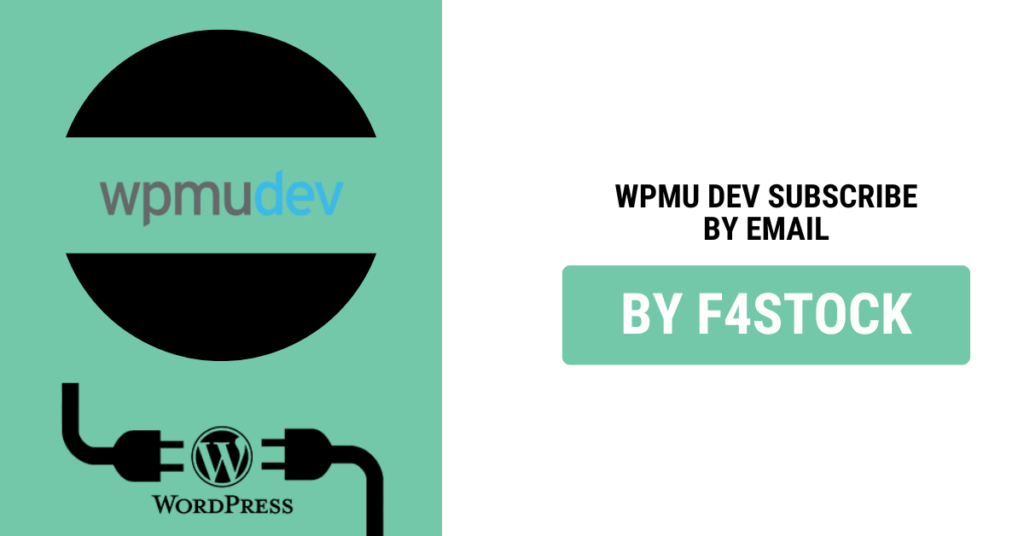In today’s digital world, keeping your audience engaged is more important than ever. Whether you run a blog, business website, or online community, ensuring your visitors stay connected is key to growing your brand. One of the most effective ways to achieve this is by using WPMU DEV’s Subscribe by Email plugin. This powerful tool allows you to send automated email notifications to subscribers whenever you publish new content, ensuring they never miss an update. In this article, we’ll explore how you can use this plugin to boost engagement and keep your audience coming back for more.
Why Email Subscriptions Matter
While social media and SEO play a crucial role in driving traffic, email remains one of the most direct and personal ways to engage with your audience. Here’s why an email subscription feature is essential:
- Direct Communication – Emails land directly in a user’s inbox, ensuring they see your content.
- Higher Engagement Rates – Email marketing often sees better engagement than social media posts.
- Traffic Consistency – An engaged email list ensures a steady stream of returning visitors.
- Audience Ownership – Unlike social media followers, you own your email list, making it a valuable asset.
Setting Up WPMU DEV’s Subscribe by Email Plugin
Step 1: Install and Activate the Plugin
To get started, install the Subscribe by Email plugin from WPMU DEV. If you’re a WPMU DEV member, you can easily access it through The Hub. Once installed, activate the plugin and navigate to the settings panel.
Step 2: Configure Subscription Settings
Customize the plugin settings to fit your needs:
- Email Frequency – Choose whether subscribers receive notifications instantly, daily, or weekly.
- Subscription Forms – Customize and place subscription forms on your site’s sidebar, footer, or within posts.
- Confirmation Emails – Set up an automated confirmation email to ensure users opt in to your mailing list.
Step 3: Customize Email Templates
A well-designed email template enhances engagement. Within the plugin settings:
- Use your branding elements like logo and colors.
- Personalize the subject line and greeting to make emails feel more personal.
- Keep the email body concise and engaging, including a strong call-to-action (CTA).
Step 4: Promote Your Subscription
Encourage more users to subscribe by:
- Adding a call-to-action in blog posts and at the end of articles.
- Using pop-ups or slide-ins for subscription prompts.
- Offering incentives like exclusive content or free downloads.
Best Practices to Maximize Engagement
1. Keep Your Emails Concise and Valuable
Nobody likes long, cluttered emails. Ensure your content is straight to the point and provides value to your audience.
2. Optimize Subject Lines
A compelling subject line increases open rates. Use curiosity-driven or benefit-focused subject lines like:
- “Don’t Miss Our Latest Tips on WordPress Performance!”
- “Exclusive Guide: How to Get More Traffic to Your Blog”
3. Segment Your Audience
If your audience has different interests, segment them based on topics they prefer. This way, they receive emails that are relevant to them, increasing engagement.
4. Monitor Performance
Use analytics to track open rates, click-through rates, and subscriber growth. Adjust your strategy based on these insights.


